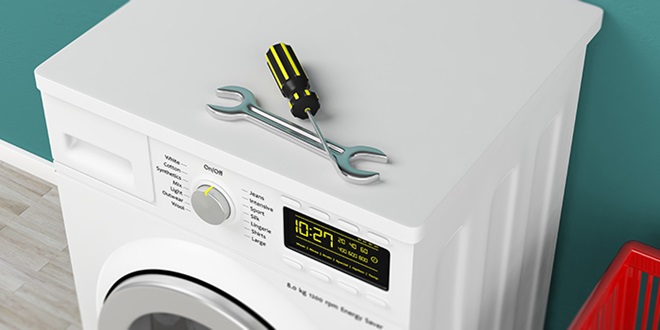The reliability of the products we buy has always been central to our work. It was particularly important when CHOICE was established in 1960 because many common appliances were a lot more expensive to the average consumer. A typical fridge cost about 10 times the average weekly wage, so if you were buying one, you wanted to be confident it would last.
Fast forward to 2022 and the world is very different. Appliances are cheaper and more easily replaced – you can buy a decent fridge with less than one week's average wages.
But that doesn't mean that people no longer care about how long products last. If anything, this is a growing concern driven by increased awareness of the impact of waste, carbon emissions and the rare metals that are essential to many electrical appliances.
Last year, France introduced some of the world's strongest 'right to repair' laws, including a new repairability index
In some countries, this awareness is translating into new laws. Last year, France introduced some of the world's strongest 'right to repair' laws, including a new repairability index. Applying to products such as smartphones and televisions, this index gives a score out of 10 to each product to indicate how easy it will be to repair if something breaks down the track. In 2024, the index will evolve to focus on product durability, scoring them based on how robust and reliable they can be expected to be over time.
Labelling systems such as this are important because they work on two levels. First, they help people compare products at the point of purchase, summing up a range of factors in one simple score. Second, and perhaps more importantly, they encourage manufacturers to compete for better scores by making better products.
In Australia, the Productivity Commission looked at these issues in an inquiry into the right to repair, completed last year. It found that it's often hard for us to choose products that we know will last, or to get them repaired when they break down.It recommended a range of reforms – including the development ofa labelling system on repairability and durability of products, similar to the French model.
While the world is very different from what it was in 1959, it makes more sense now than ever to pressure manufacturers to make products that will last longer.Given the rising cost of living, if you need to replace a major appliance, you'll want to feel confident that it will last more than a few years.And with the effects of climate change ever more evident, surely it's time to put the days of planned obsolescence behind us.
Stock images: Getty, unless otherwise stated.



